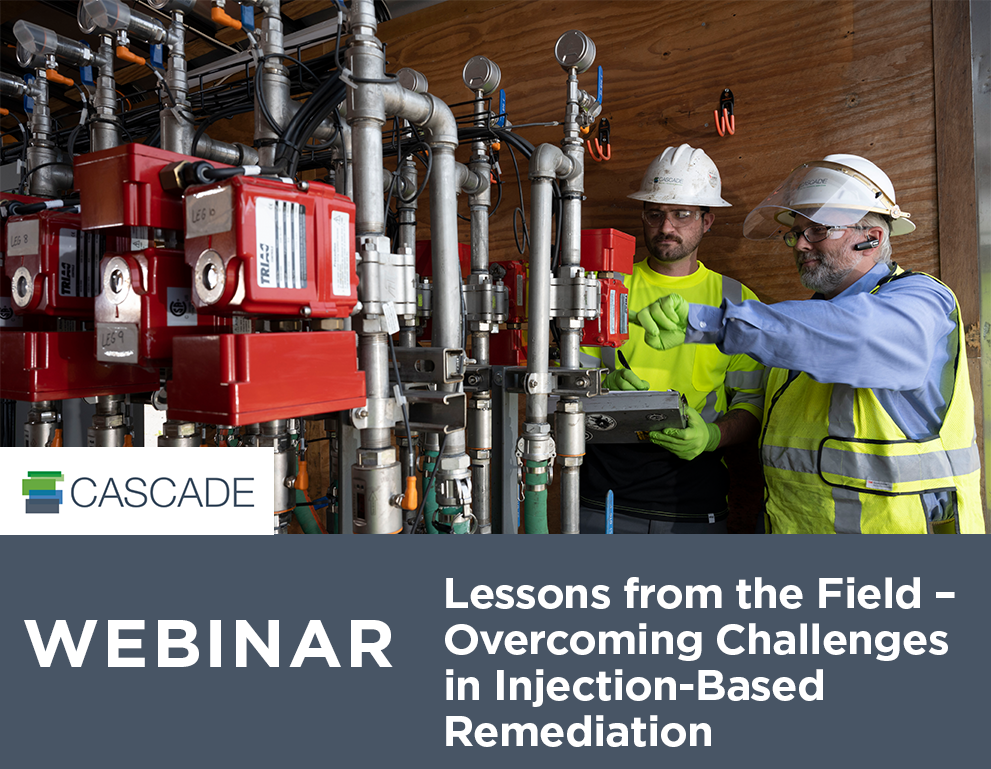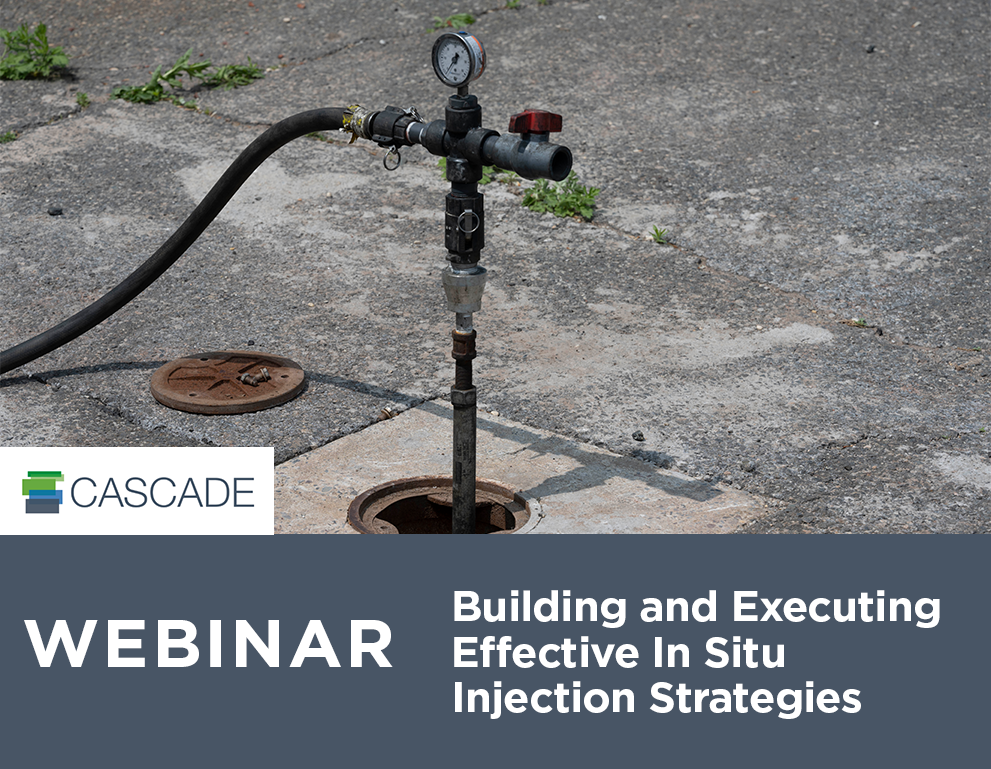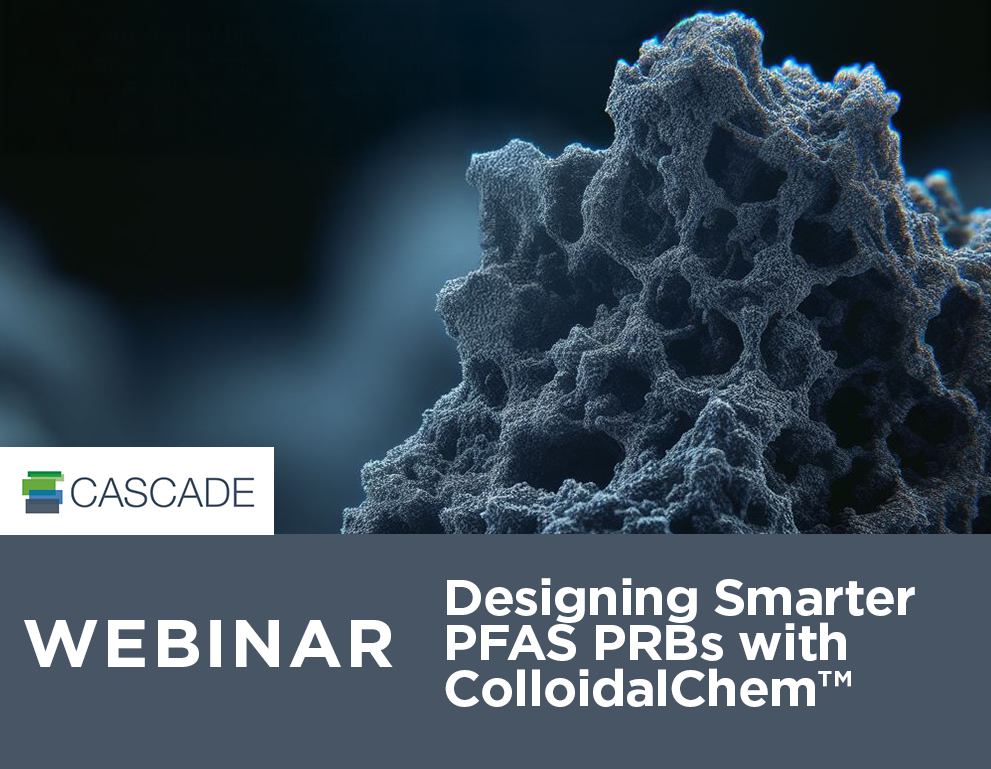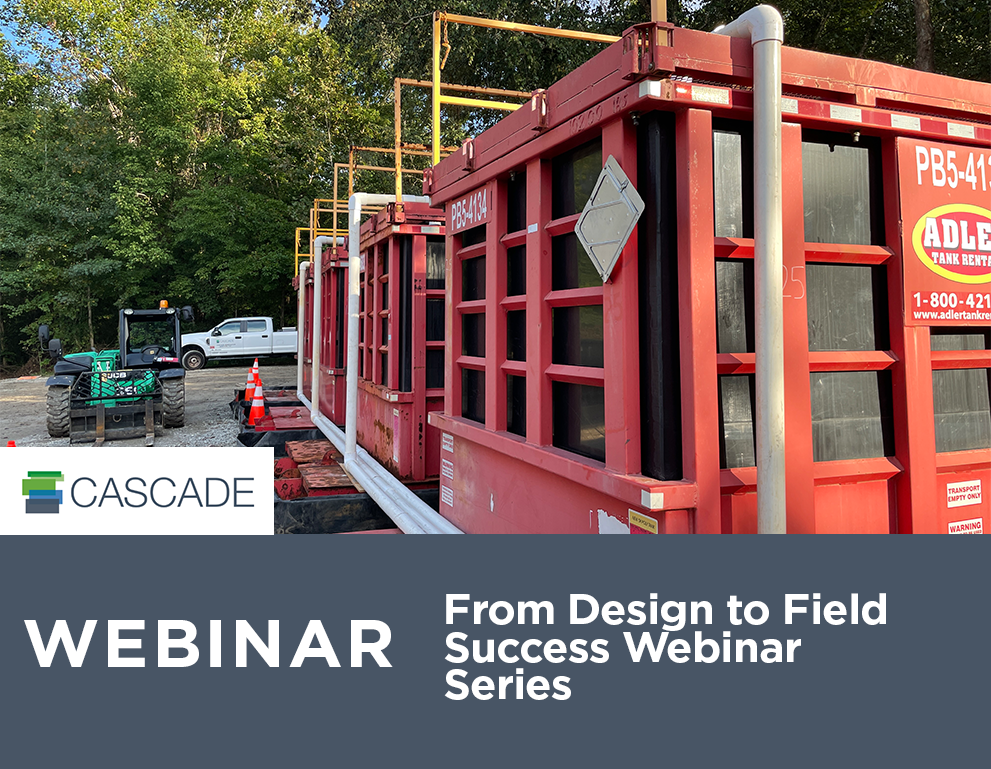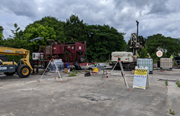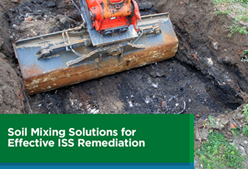- Eliot Cooper- John LaChance
Remediation guarantees have been around for over twenty years. They have been given cool names or acronyms and have motivated State LUST programs and DOD to adopt Performance Based fixed price contracting programs, and still exist today for contaminants like petroleum, solvents and PFAS.
If you own contamination, whether “simple” versus “complex”, a guarantee sounds very attractive and almost too good to be true based on what we know about the challenges of cleaning up groundwater. The five critical questions you should ask before going the guarantee route are:
- What is the added cost for the guarantee?
- Has legal reviewed the conditions or assumptions that come with the guarantee to ensure no “escape clauses”?
- Do the guarantors have the financial resources to back up the guarantee?
- Have you received a second technical opinion, that the proposed remediation approach and associated technology will meet the guarantee levels?
- Usually not part of a guarantee, but has the guarantor taken over contamination ownership and liability of the site?
As we have seen over the years, the vast majority of remediation projects do not receive guarantees and there are some good technical and financial reasons to support these decisions. For example, solvent and petroleum matrix back diffusion from fine grained soils, large plumes, multiple contaminants requiring different technologies (e.g., PCE versus 1,4 dioxane) bedrock contamination, site logistics, high seepage velocity, unusual water chemistry, just to name a few.
This Cascade webinar addresses the conditions and assumptions of guarantees, the added benefit and cost of guarantees vs. good standard contracting terms and the level of technical detail that should be provided and needs to be considered to ensure you are getting what you paid for.

